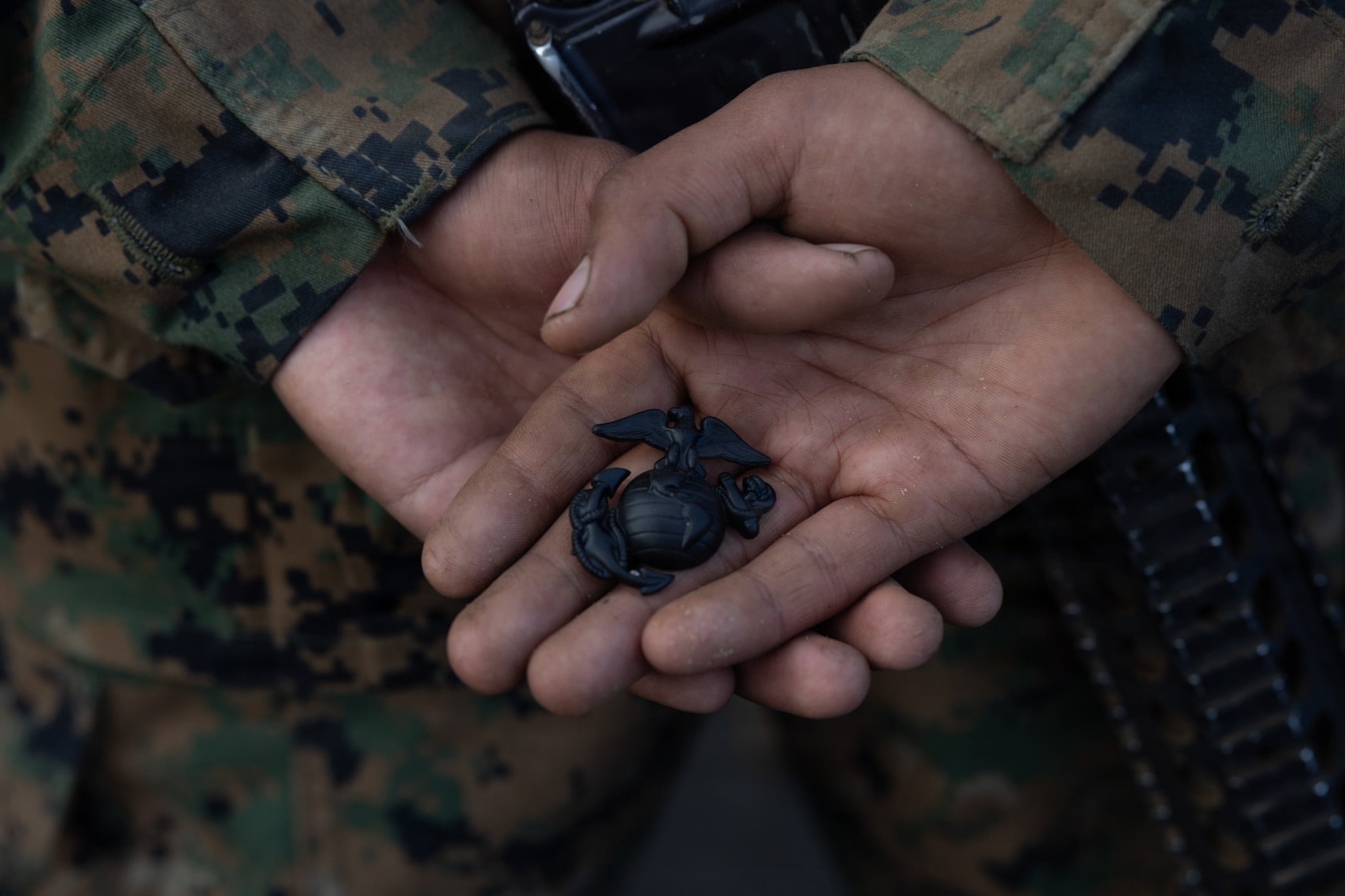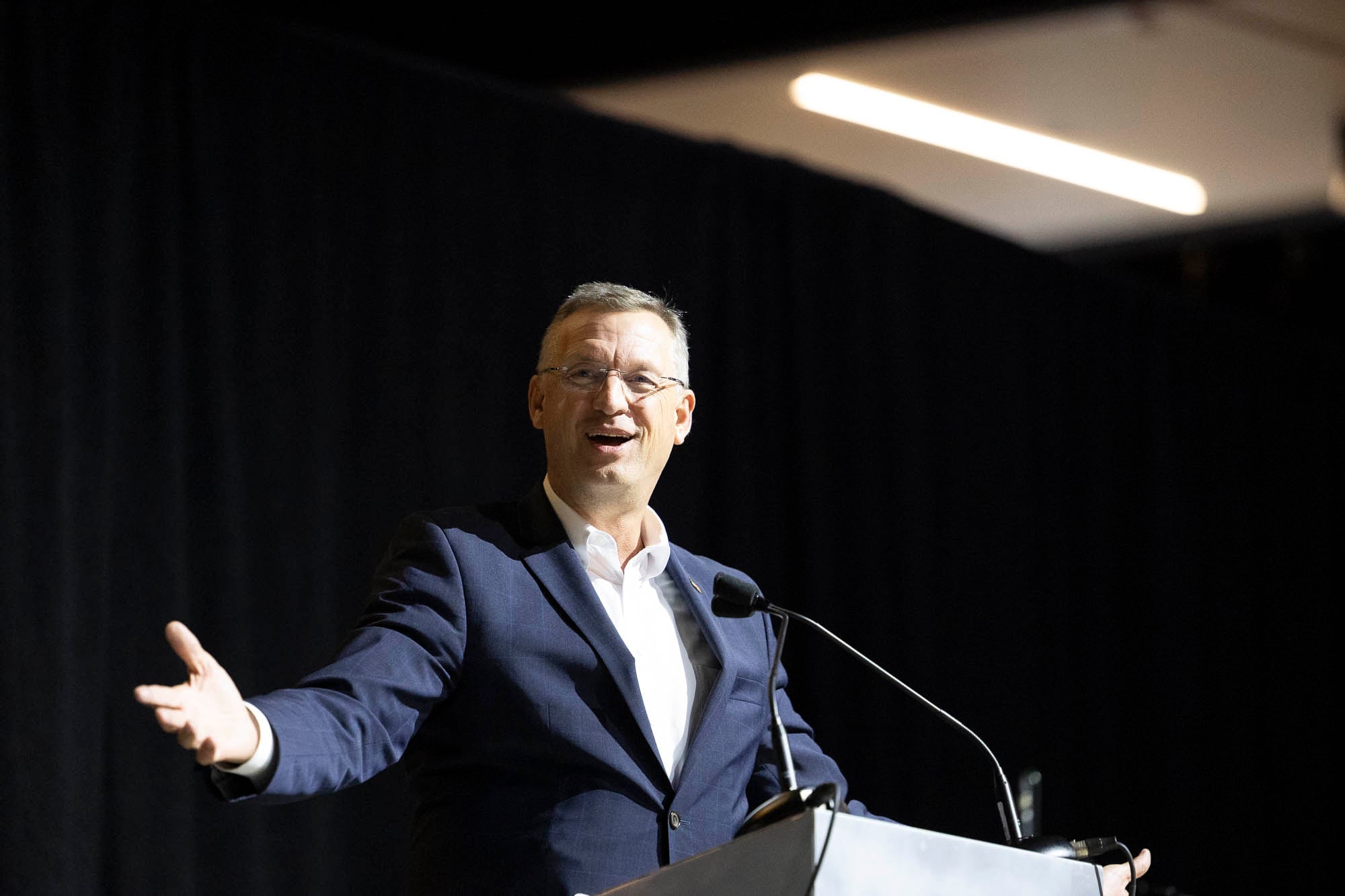President Donald Trump on Thursday appeared conflicted about whether to launch strikes on Syria amid growing concerns that a U.S. attack could inadvertently kill Russian military forces on the ground, risking a conflict with Moscow.
A U.S. missile strike on Syria risks hitting Russian troops, who are embedded with Syrian forces across the war-torn country. And Moscow may be forced to retaliate, or else lose credibility down the line.
“Obviously the U.S. won’t target [Russian troops] deliberately,” said Shibley Telhami, a Middle East expert at the University of Maryland and the Brookings Institution.
“But they’re infused with Syrian military, and even with a warning, it’s not impossible that some of them will be hit,” Telhami said.
“Russia has created a situation where their credibility is on the line. The warnings have been very strong,” Telhami said.
Trump has sent mixed messages about his plans for an attack on Syria, which the Pentagon is considering after Syrian President Bashar al-Assad allegedly used chemical weapons to attack the city of Douma.
“Russia vows to shoot down any and all missiles fired at Syria. Get ready Russia, because they will be coming,” Trump wrote over Twitter on Wednesday.
Yet on Thursday morning, Trump appeared to walk that back. “Never said when an attack on Syria would take place. Could be very soon or not so soon at all!”
For Luke Coffey, the Heritage Foundation’s director of the Douglas and Sarah Allison Center for Foreign Policy, it’s “all but certain” Trump will do some sort of military strike at this point.
However, “if we strike al-Assad for using chemical weapons, and no Russians are hit, I don’t think Russia will respond,” Coffey said.
“There’s always a certain degree of uncertainty in any sort of military operation,” he added. “But as long as the president makes clear that any military response is punitive and directly linked to the use of chemical weapons, I think the risk of spillover is minimal.”
Coffey said that Trump’s Twitter-based rhetoric is giving Russia time to move assets and deconflict “on some level” with U.S. military officials in the region.
That forewarning mitigates the danger of Russian personnel getting caught in the line of fire. And of course, Russia has withstood a U.S. strike before, in April 2017, over Assad’s use of sarin nerve gas on his own people.
Regardless, collateral damage does sometimes happen, and Russia could feel forced to hit back. That could put U.S. forces in Syria in the crossfire.
“I doubt very much [Russia] would be stupid enough to hit an American naval ship,” Telhami said. “But, they could go after American-protected anti-Assad rebels.”
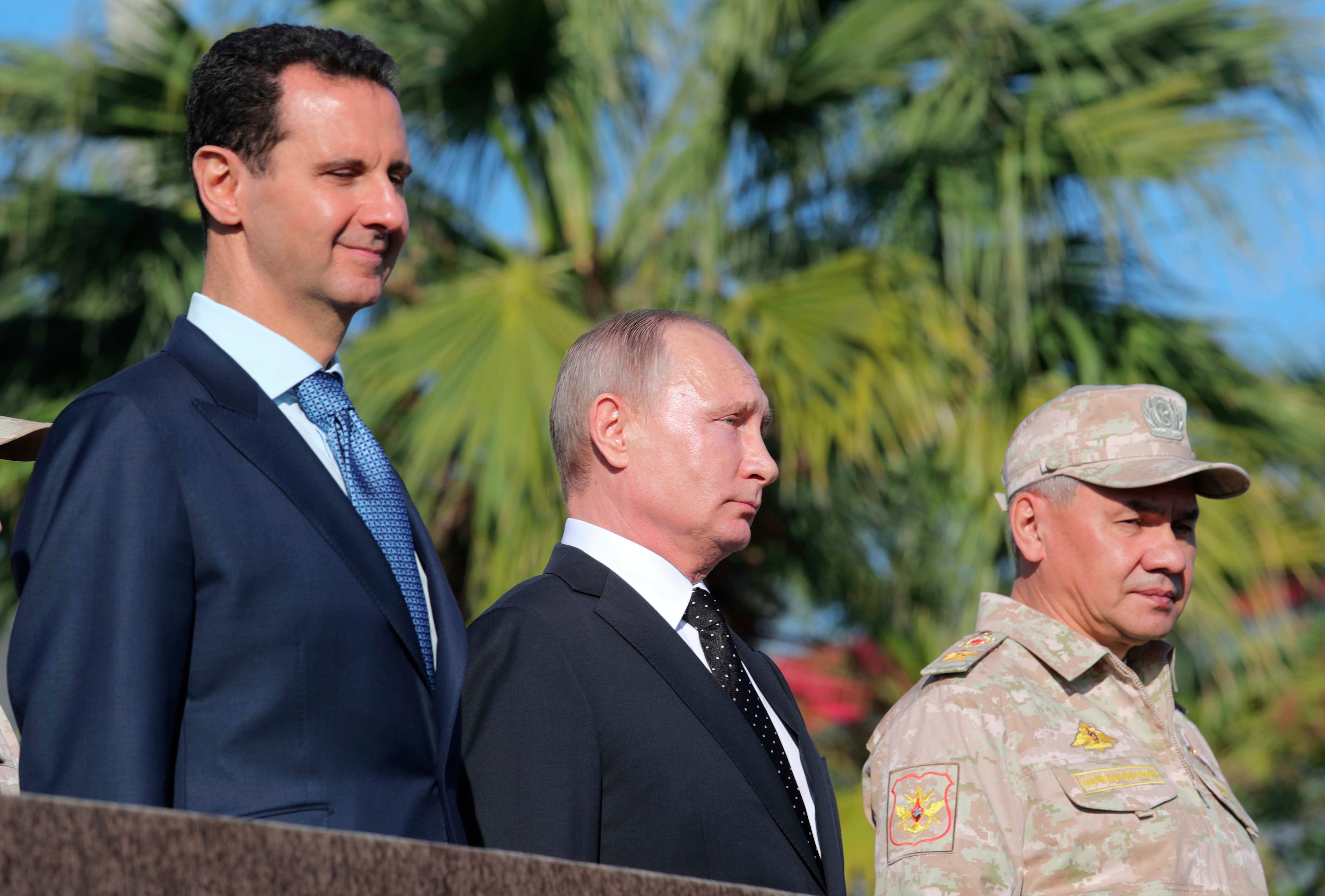
Those rebels, like the Syrian Democratic Forces, do have American advisers embedded with them.
“Sure they could give the U.S. a warning,” Telhami said. “But they may not want to do that if they’re not warned this time in the same way.”
There are currently about 2,000 U.S. troops in Syria, U.S. officials say.
Given that Trump has also been vocal about his desire to pack up and end the U.S. mission to Syria — which would be a dream come true for Russia, Syria, and Iran — it seems unlikely that any adversaries would want to do anything that could force Trump to stay, according to Joshua Landis, director of the University of Oklahoma’s Center for Middle East Studies.
“Look, the Russians are winning here. They don’t need to respond,” Landis said. “They need to get Trump out of north Syria. They don’t want to get into a fight. They’ve been bending over backwards to avoid that.”
RELATED
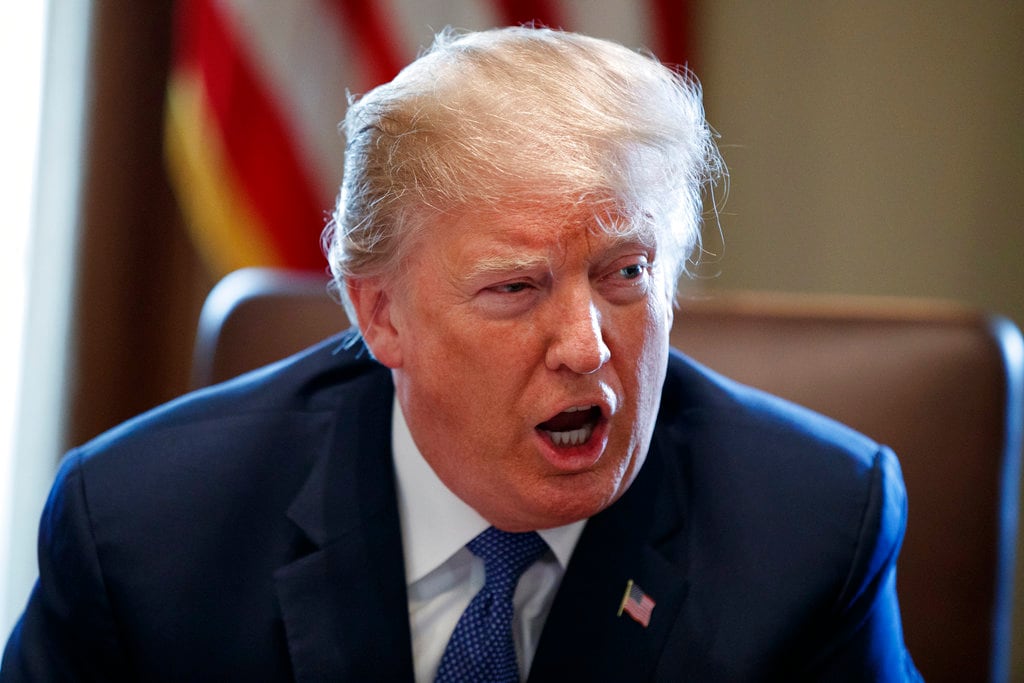
“The Russians took a pass when their ‘mercenaries’ were killed and that must have been difficult,” Landis said, referencing a February incident in which pseudo-mercenaries of Russian origin assaulted a U.S.-held position and reportedly lost dozens of fighters.
“They’re going to keep prodding like that, but the last thing Russia wants is to get into a fight, because they’ll get even more sanctions and their economy will fade,” Landis added.
Coffey and Landis both noted that so long as targets are limited to the chemical weapon “kill chain,” like manufacturing facilities and weapons assets that carry the chemical payloads, it’s not in Russia’s interest to retaliate.
“I think that’s true strategically,” Telhami agreed. “They know Trump is already signaling he wants out. ... However, having said that ... I cannot imagine [Russia] would let it pass without doing something. It’s only a question of whether it will be something symbolic.”
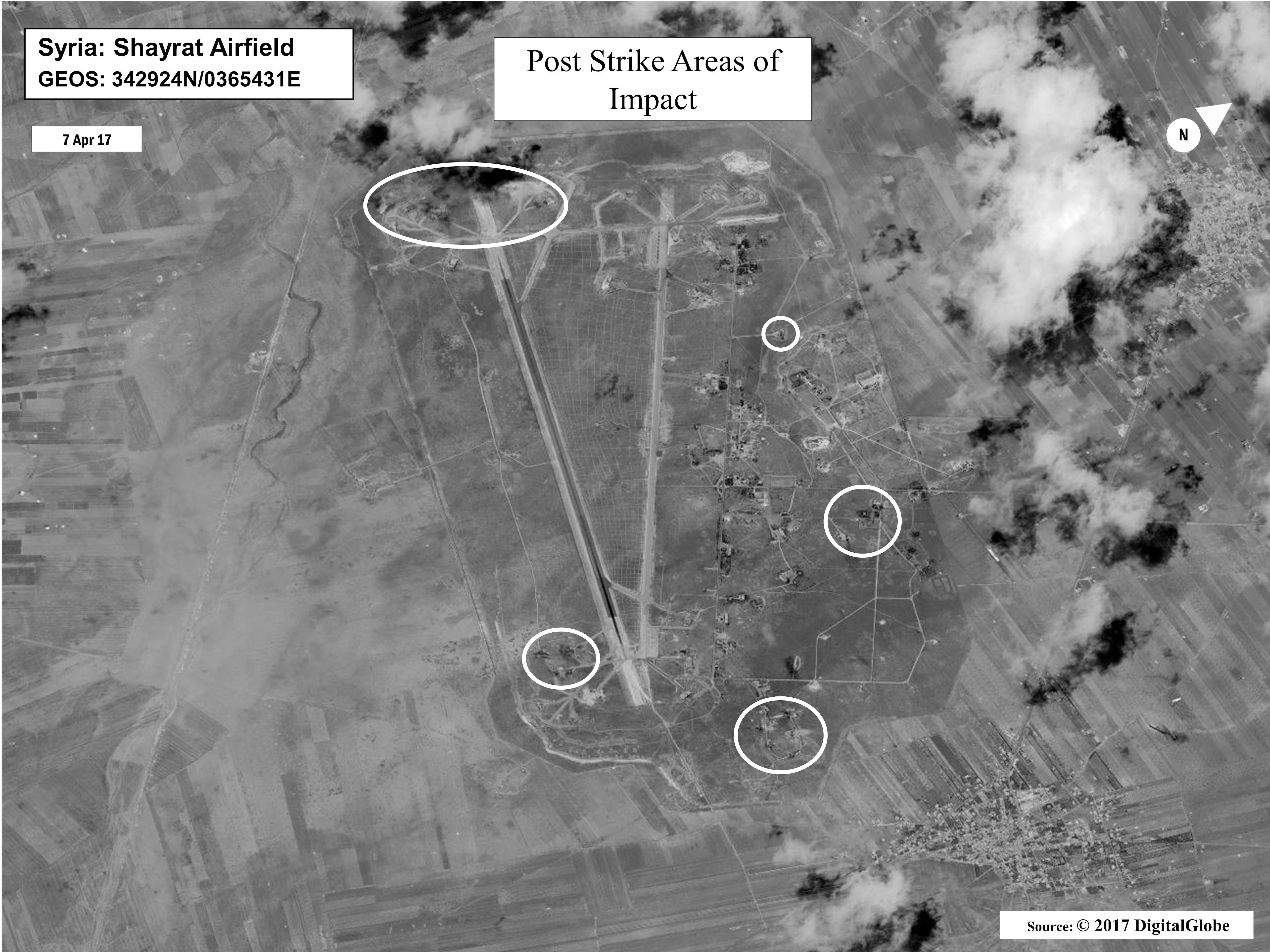
So far, U.S. presidents have been content with enforcing the norm of not using chemical weapons, but have refused to knock Assad out of power. That’s unlikely to change now, according to Landis.
“These deterrence strikes have been used by both Obama and Trump to show we are willing to act on Syria, but within a very narrow bandwidth,” Landis said.
“This has caused massive confusion among the Syrian opposition, Israel, and all the Arab actors in the Middle East, because they want the United States to fix the Syria problem for them,” Landis said. “They get their hopes up ... and then they’re going to be badly let down.”
But will deterrence work against Assad, a man who seems to flaunt international laws and norms?
“It depends how you would define a successful deterrence,” Coffey said. “[Assad never using chemical weapons again], I don’t think we can stop.”
“Last time, we struck and he didn’t use chemical weapons for almost a year. I would define that as a success,” Coffey said. “I think we need to be realistic about this. As long as Putin and Iran want to keep Assad in power, he will remain in power.”

Although Trump’s statements may sound like he wants to push Assad out, Landis said Assad is unlikely to go anywhere.
“Blaming Assad has been going on for years,” he said. And further, Trump’s Twitter tirades against Putin and Assad play well domestically at a time when many think he is too soft on Russia.
“This is showmanship of the kind we should be used to. [Trump’s] getting a lot of publicity,” Landis said.
RELATED
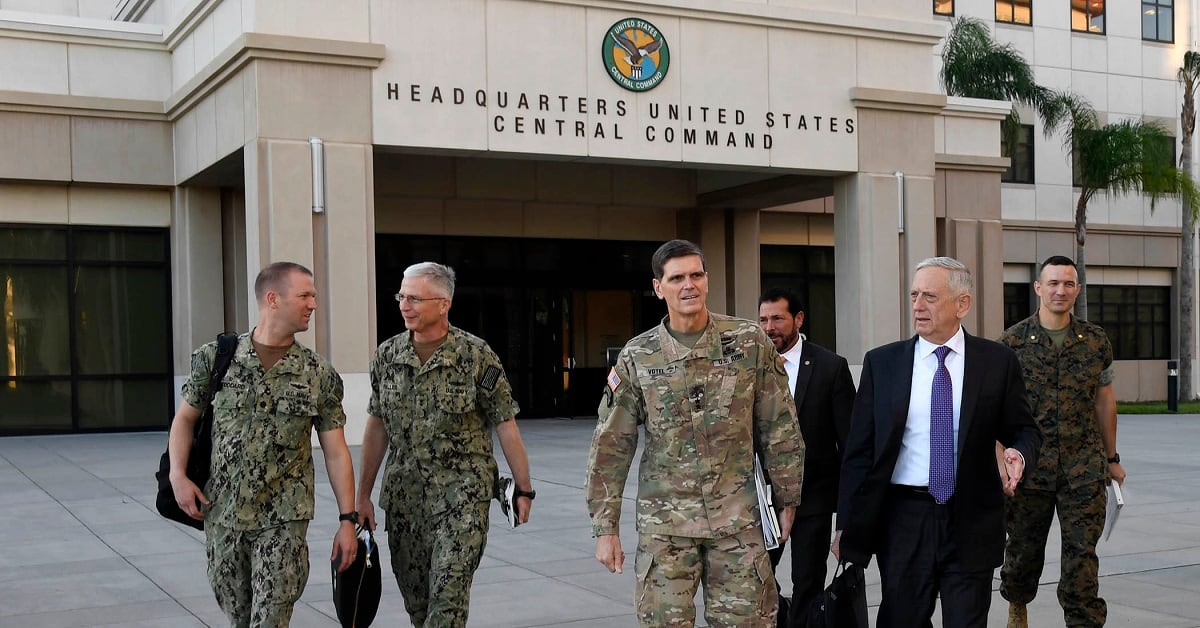
Kyle Rempfer was an editor and reporter who has covered combat operations, criminal cases, foreign military assistance and training accidents. Before entering journalism, Kyle served in U.S. Air Force Special Tactics and deployed in 2014 to Paktika Province, Afghanistan, and Baghdad, Iraq.


